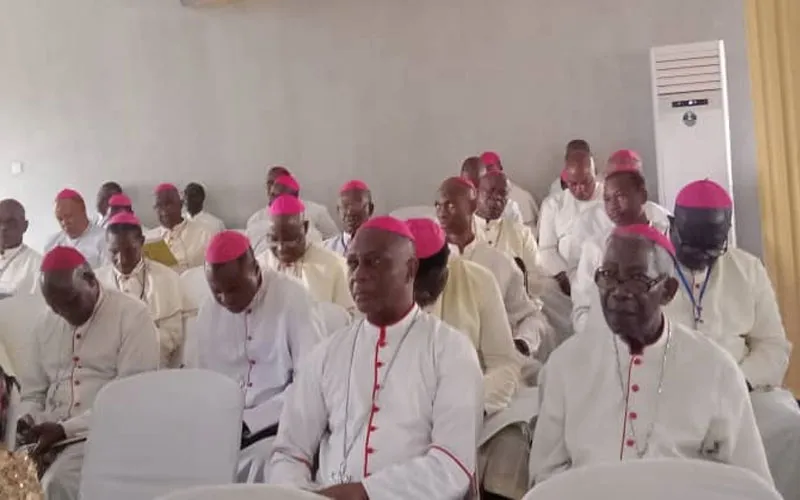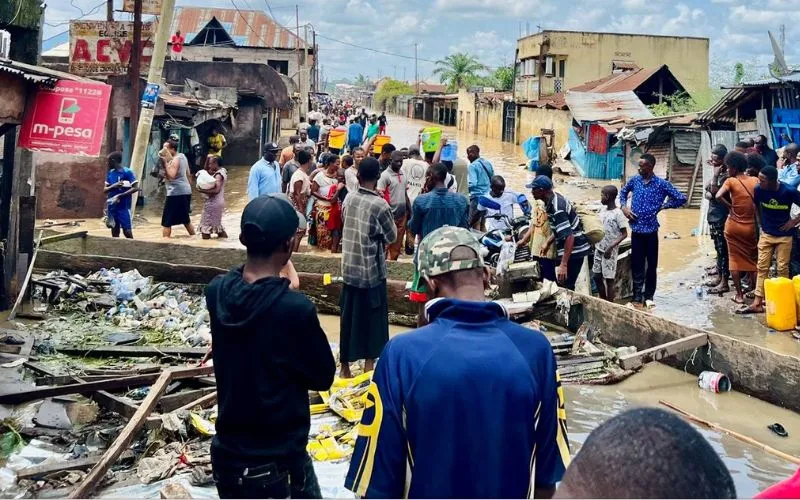On September 28, the 18 candidates vying for Presidency in Nigeria launched their nationwide campaigns ahead of the 25 February 2023 general elections that will see the electorate in the country also vote for members of the House of Representatives and the Senate.
Ahmed Tinubu, a former governor of Lagos State and candidate of the ruling All Progressives Congress (APC), opposition Peoples Democratic Party (PDP) candidate Atiku Abubakar, and former Vice President and Labour Party candidate, Peter Obi, are among candidates vying for the Presidency.
The election of State Governors in the West African nation has been slated for 11 March 2023.
In their November 11 collective statement, CBCN members also reflect on the economic situation of the West African country, saying, “Despite several efforts by the Government, the economy is not in good shape. Citizens are not seeing much improvements in their daily lives but a decline in their purchasing power.”
“The costs of staple food like rice, yam and garri have skyrocketed. Power supply is still epileptic,” they say, and add, “This should not be happening in a country that is the 6th largest producer of crude oil in the world.
(Story continues below)
They would like the government to “devise a strategy that makes fuel and other petroleum products available, accessible and affordable.”
Reflecting on the devastating floods and other environmental disasters in the country, CBCN members call on the government at all levels “to take concrete steps in responding to these challenges.”
“We advocate for a more effective and efficient emergency response strategy, the construction of more dams all over the country while overhauling and expanding the capacity of the dams available at the moment for better water management,” the Catholic Church leaders say.
They add, “We earnestly urge all Nigerians to embrace healthy lifestyle and environmentally friendly attitudes in disposing of wastes arising from human activities.”
They also call on Nigerians to continue putting their trust in the Lord “who never abandons his people.”
“Let us not yield to despair and cynicism which would eventually lead to indifferentism and lethargy that breeds hopelessness and despondency,” CBCN members say in their November 11 collective statement.
Jude Atemanke is a Cameroonian journalist with a passion for Catholic Church communication. He holds a Bachelor’s Degree in Journalism and Mass Communication from the University of Buea in Cameroon. Currently, Jude serves as a journalist for ACI Africa.








